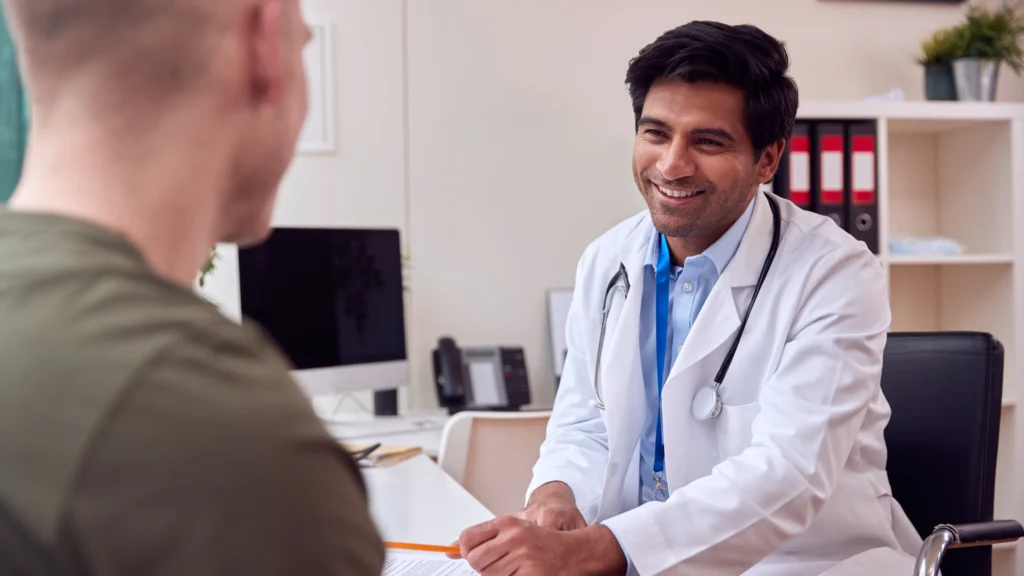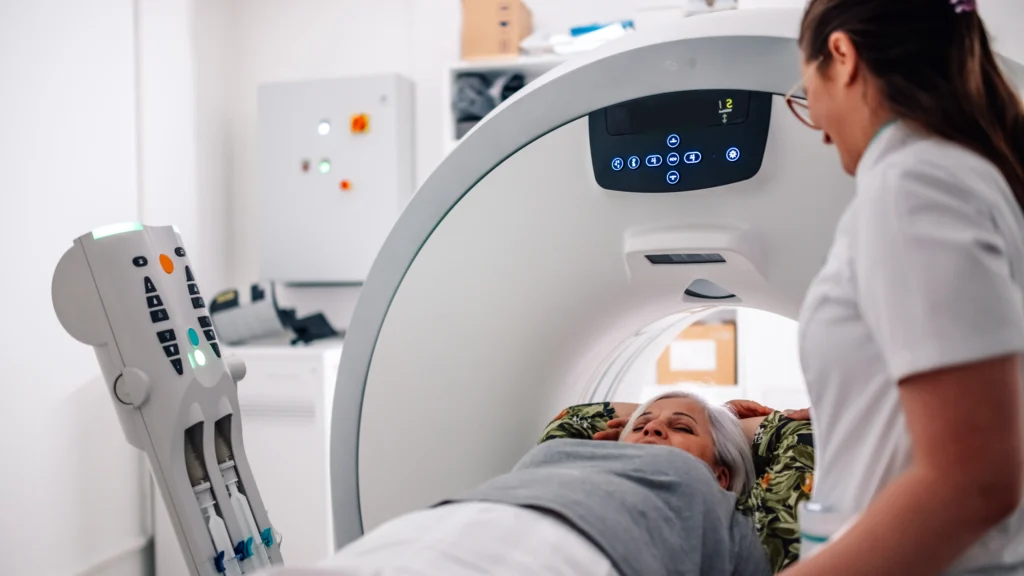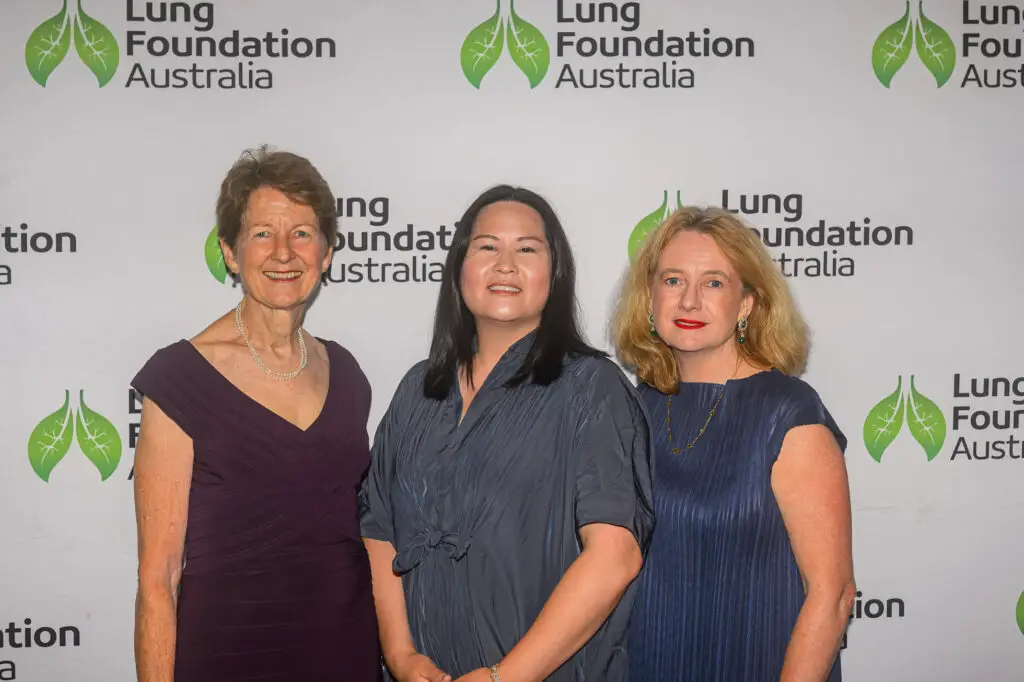This year’s Federal Budget outlined some wins for health including better access to bulk-billed GP appointments, more Medicare Urgent Care Clinics and cheaper PBS payments.
For our community, we were pleased to see that Retevmo® (selpercatinib) was added to the PBS for certain non-small lung cancer patients. The financial burden this takes off a patient is immense. Without subsidy this vital treatment would cost more than $280,000 per course, whereas now on the PBS, patients are out of pocket just over $30 and $25 once new PBS payment rates are introduced in 2026. We are not exaggerating when we say this access will be life-changing for some patients.
Additional cost-of-living measures that will take pressures off household budgets include the record investment of $7.9 billion to provide more bulk-billing appointments. The aim to have 9 out of 10 GP appointments bulk-billed by 2030 directly addresses concerns shared by consumers in our 2024 Lived Experience Survey.
Of more than 700 participants surveyed on cost-of-living pressures for people living with a lung condition, 40% reported cutting back on allied health services, 30% reduced GP visits, 18% delayed tests and scans, and 14% used out-of-date medicines due to prohibitive costs and financial strain.
Likewise, the $1.8billion to fund public hospitals and health services in 2025-26 will cut waiting lists and Emergency Department waiting times while investing in and addressing the workforce shortage by increasing the number of doctors and nurses will mean patients can be seen sooner.
We need to see an increased investment in Specialist Lung Cancer Nurses ahead of the National Lung Cancer Screening Program launch in July. Without the support of these specialist nurses, patients will continue to face inequality when it comes to essential preventive and pre-diagnosis support, and continued support in post-treatment care.
Patient outcomes would be drastically improved with a $5 million investment for 20 Specialist Lung Cancer Nurses nationally or, at a minimum, $1.2 million a year to bolster the Heart of Australia’s screening trucks in regional areas with six dedicated nurses to support those in regional areas.
While there has been promising investment in some areas of lung health, the investment is still not equal to the burden of disease. We will continue to advocate for further investment in lung health, including respiratory care services, prevention measures, and hope to one day see a comprehensive and well funded Lung Health Mission.
Lung Foundation Australia is now focused on the upcoming Federal election while we continue to advocate for better lung health in Australia. You can help us by writing to our local politician, becoming a lung health advocate and sharing on your social media channels.
For all media enquiries, please contact:
Lung Foundation Australia Media and Communications Specialist
Lani Hepple
M: 07 3251 3669
E: media@lungfoundation.com.au
Was this page helpful?
Good job! Please give your positive feedback
How could we improve this post? Please Help us.







